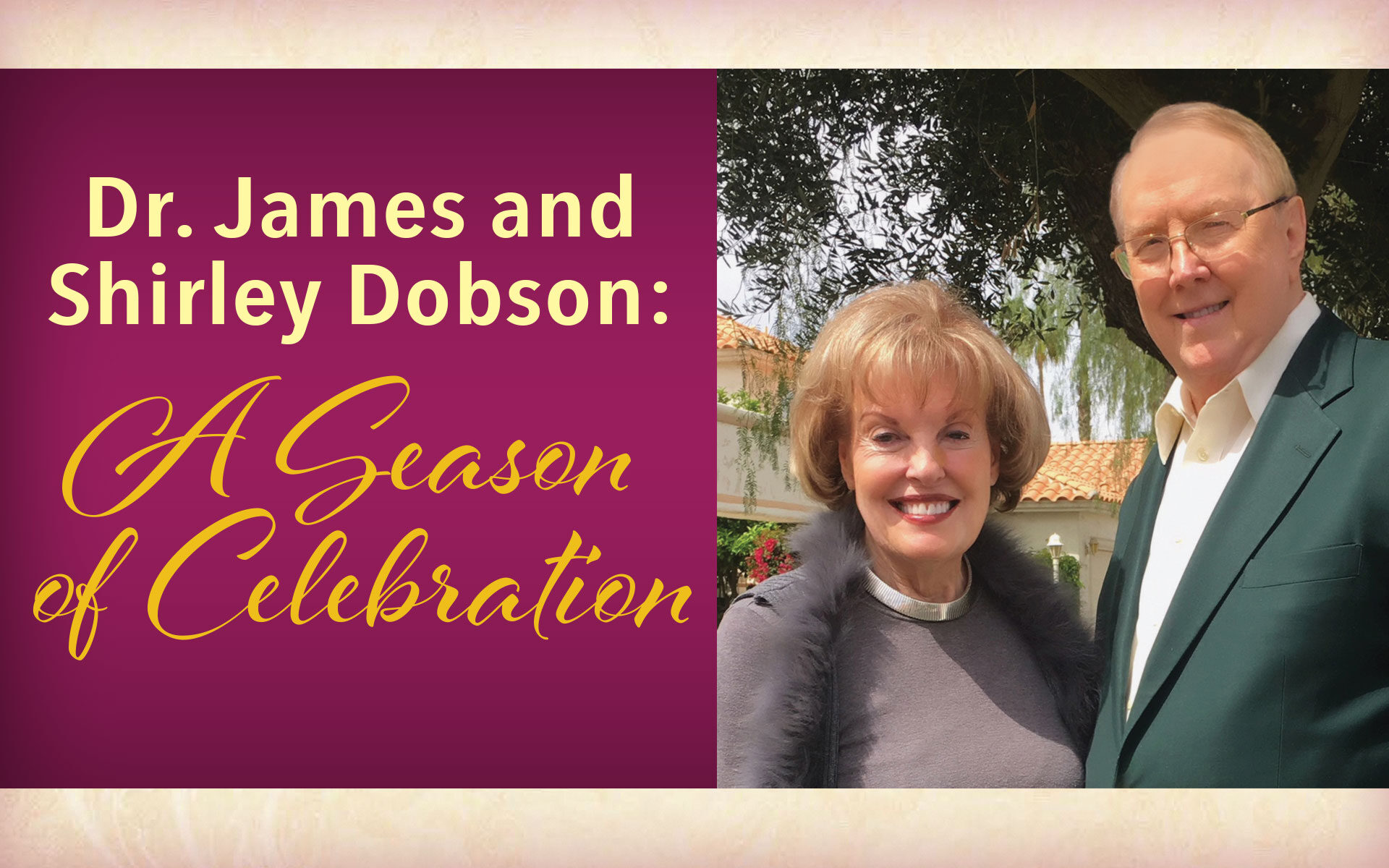but an enemy multiplies kisses.”
Sometimes, true friendship means saying hard things. Confrontation is never fun. But all of us need people in our lives who care about us enough to say what needs to be said, even if we don’t want to hear it. In today’s passage, Paul discusses how to confront and restore a friend who has stumbled or is on trouble, which always demands “truth in love.”
In the Word
Read Galatians 6
Brothers, if someone is caught in a sin, you who are spiritual should restore him gently. But watch yourself, or you also may be tempted. Carry each other's burdens, and in this way you will fulfill the law of Christ. Galatians 6:1-2
We all fail from time to time. David did. Peter did. And we all need someone who loves us enough to come alongside and help us see it. Oh, I know. Only compulsively controlling people enjoy confronting others. The rest of us can come up with a dozen excuses to avoid these difficult conversations: We’re too busy, we don’t want to offend anybody, we can’t afford to get involved, we don’t want the person to be angry with us, and on and on.
Let me make this very clear. It’s not up to us to restore people simply because they have a “preference” that’s different from ours. That’s not a sin! But God calls us to “get under the rock” with people who are wrecking their lives. He doesn’t leave it just to pastors or ministry leaders. If we care about the people around us, we sometimes have to say hard things to them. We say it in love, but with clarity and a strong hope for change. Unfortunately, the church doesn’t always do this work well.
Sometimes, we need to look for a pattern of behavior before we say anything, but a few sins, like stealing or abuse, require immediate action. Before we go, we need to examine our own hearts. Paul tells us to watch ourselves because we, too, might be tempted. I don’t think he necessarily means we’ll be tempted to sin in the same way the other person is sinning. But we might be tempted to feel superior, to be controlling, or to demand compliance. To guard against these things, we need to be very careful.
Make it Real
When we do confront, it’s important to speak straight-forwardly (not sugar-coating the problem) without being overly harsh. Paint a picture of the negative implications, but also, cast a vision of hope if the person repents. We’re not there just to pound him/her into submission.
Our goal is to restore, to heal, and encourage. Ask for specific change, and if it’s appropriate, set consequences for continued misbehavior. Consequences should always be age-appropriate, and they must be enforceable. Think about this well ahead of the confrontation, and have a reasonable plan. If possible, include the person in the decision-making. Quite often, children will propose more severe consequences than yours. This gives you the opportunity to be the good guy and ratchet them back a bit.
The initial conversation may be difficult, but it’s only the first step. Remember, the goal isn’t just to present the evidence or get a quick admission of guilt. The goal is repentance, restoration, and a new healthy pattern of living. Stay involved in the process of growth and change. Offer encouragement, and celebrate steps in the right direction. Be patient. Change often comes slowly, and some people will test you to see if you really mean to follow through with the consequences. Don’t be alarmed at this test of wills. Be strong, calm, and resolute.
Recognize the limits of your ability and your authority. If you feel unsure of yourself, get help from a wise friend before you begin, but be careful not to breach confidentiality. If things don’t go well, either in the confrontation or the follow through, get help from someone who has skills and experience.
Most of us can easily avoid the extreme of being a vigilante righting every wrong we see in people’s lives, but we need to avoid the other end of the spectrum: avoiding having the hard conversations.
Authentic love sometimes means we step in to speak the truth in correcting those who have gone astray. Jesus certainly did it, and if we call ourselves his followers, we’ll learn to do it too. Jesus’ goal wasn’t to avoid hard conversations–he initiated plenty of them–but to point them to God for him to transform them and make them holy.
At what point is it appropriate to step in to correct someone? Give some examples of when it’s appropriate and when it’s not.
Re-read Galatians 6:1-2. What might be your temptation when you confront someone in your life?
Review the principles in today’s lesson. Which ones stand out to you as most important? How have you implemented (or will you implement) them?
Take a moment to read each one of these verses and think about how they apply to your life. Wherever you can do it, insert your name in the verses. Pray these passages over your heart.
• “As iron sharpens iron, so one man sharpens another.” Proverbs 27:17
• “See to it, brothers and sisters, that none of you has a sinful, unbelieving heart that turns away from the living God. But encourage one another daily, as long as it is called “Today,” so that none of you may be hardened by sin’s deceitfulness.” Hebrews 3:12-13
• “If your brother sins, go and point out their fault, just between the two of you.” Matthew 18:15
Heart to Heart
I’ve found that when I have to have hard conversations with family members, friends, or associates, they listen better if I first affirm my love for them, and then “hold up a mirror” to say, “This is what I’m seeing in your life right now.” And I describe the specific attitude and actions, with the time, date, and place of what I’ve seen—it’s not appropriate to be vague. And then listen. Sometimes I’ve misread the situation, and I need to apologize, but often, I need to listen as the person wrestles with the reality of pain that prompted inappropriate behavior.
Daniel Goleman, psychologist and author of the bestselling Emotional Intelligence, wrote, “What counts in making a happy relationship is not so much how compatible you are, but how you deal with incompatibility.”
God, give me wisdom and courage to know when to extend grace and when to lovingly confront and restore others in my life. Make me humble to accept confrontation, as well, from people who I know care about me. Thank you for using friendships to shape and change me…











